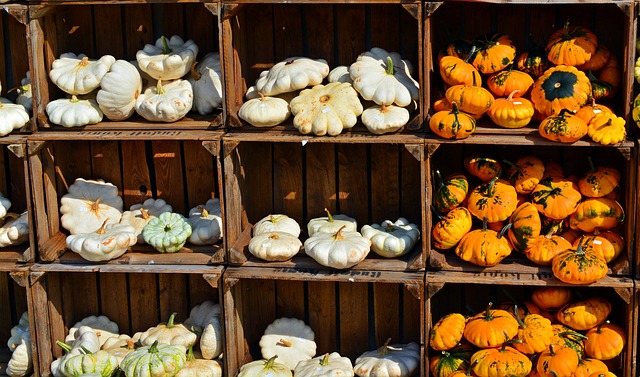Organic recycling, focusing on yard waste removal and recycling, is a powerful strategy for homeowners aiming to create eco-friendly homes. By composting organic materials like food scraps and yard trimmings, individuals reduce landfill waste and greenhouse gas emissions. This generated compost improves soil health and fertility, decreasing reliance on synthetic fertilizers. Additionally, recycling yard waste through chipping or shredding produces mulch and biofuel sources, further contributing to environmental conservation. Embracing these practices in today's eco-conscious world not only minimizes yard waste removal but also promotes a more sustainable lifestyle for modern living.
Discover the power of organic recycling in creating eco-friendly homes. This comprehensive guide explores how understanding and implementing sustainable practices can transform your household waste into valuable resources. From effective yard waste removal strategies to creative home reuse methods, learn how to minimize environmental impact while maximizing resource efficiency. Embrace a greener lifestyle by harnessing the potential of organic recycling for your home.
- Understanding Organic Recycling and its Benefits for Eco-Friendly Homes
- Effective Yard Waste Removal Strategies for Sustainable Living
- Creative Ways to Reuse Organic Materials at Home
Understanding Organic Recycling and its Benefits for Eco-Friendly Homes

Organic recycling is a key component in creating sustainable, eco-friendly homes. It involves the breakdown and transformation of organic materials, such as food scraps, yard waste, and wood products, into nutrient-rich compost or bioenergy. This process not only reduces the amount of waste sent to landfills but also provides a valuable resource for enhancing soil fertility and supporting plant growth in home gardens.
By implementing organic recycling practices, homeowners can significantly contribute to environmental conservation. For instance, yard waste removal and recycling prevent the release of greenhouse gases from decomposing organic matter in landfills. Additionally, compost generated from recycled organic materials can be used to improve soil structure, promote healthy plant development, and reduce the need for synthetic fertilizers. This holistic approach towards home management not only benefits the environment but also fosters a more sustainable living space.
Effective Yard Waste Removal Strategies for Sustainable Living

Effective Yard Waste Removal and Recycling strategies are essential for eco-friendly homes, fostering sustainable living practices. One key method involves composting, where organic materials like food scraps and yard trimmings are transformed into nutrient-rich soil amendments. This not only reduces landfill waste but also enhances garden fertility.
Additionally, proper recycling of yard waste is crucial. Materials such as leaves, grass clippings, and twigs can be chipped or shredded for use as mulch, pathing materials, or even biofuel sources. Implementing these strategies allows homeowners to actively contribute to environmental conservation while creating a healthier, more sustainable living space.
Creative Ways to Reuse Organic Materials at Home

In today’s eco-conscious world, organic recycling isn’t just about sending materials to facilities for processing. It’s an art that begins at home. Creative ways to reuse organic materials can significantly reduce your household waste and contribute to a greener environment. For instance, food scraps and yard waste, often considered mere byproducts, can be transformed into nutrient-rich compost that enriches garden soil. This not only cuts down on synthetic fertilizer use but also promotes healthier plants.
Beyond composting, there are countless other ways to repurpose organic materials. Old fruit and vegetable peels can be used to make natural cleaning solutions, while empty egg cartons can become seed starters for your herb garden. Even seemingly useless items like cardboard boxes and paper towels can be upcycled into art projects or home organizers. Embracing these creative strategies not only minimizes yard waste removal but also fosters a more sustainable lifestyle in eco-friendly homes.
By implementing organic recycling practices, residents can significantly contribute to creating eco-friendly homes while also reducing yard waste. Effective strategies like proper waste segregation, composting, and creative reuse of materials not only minimize environmental impact but also promote a sustainable lifestyle. Integrating these methods into daily routines encourages a healthier planet for future generations, making it a crucial step towards a greener home and community.






